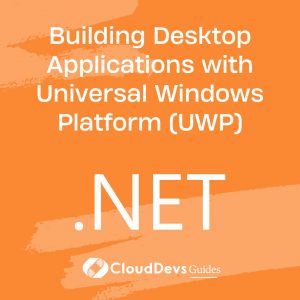What is ASP.NET MVC?
ASP.NET MVC (Model-View-Controller) is a web development framework built on top of the ASP.NET platform, designed to facilitate the creation of dynamic and scalable web applications using the Model-View-Controller architectural pattern. ASP.NET MVC provides a structured approach to building web applications, separating concerns into distinct components for improved maintainability, testability, and flexibility.
Model-View-Controller (MVC) Pattern:
ASP.NET MVC follows the Model-View-Controller architectural pattern, which divides an application into three interconnected components:
Model: Represents the application’s data and business logic. It encapsulates data access, validation, and manipulation logic.
View: Represents the presentation layer of the application. It is responsible for rendering user interface elements and displaying data to users.
Controller: Acts as an intermediary between the model and the view. It handles user requests, processes input, invokes business logic, and determines which view to render in response to user actions.
Key Features of ASP.NET MVC:
Separation of Concerns: ASP.NET MVC encourages a clean separation of concerns by dividing application logic into separate components, making it easier to manage and maintain code.
Routing: ASP.NET MVC provides a powerful routing engine that maps incoming HTTP requests to controller actions based on URL patterns, enabling clean and user-friendly URLs.
Extensibility: ASP.NET MVC is highly extensible, allowing developers to customize and extend various components of the framework to suit their specific requirements.
Testability: ASP.NET MVC promotes test-driven development (TDD) by providing a testable architecture that allows for easy unit testing of controllers, models, and views.
Integration with ASP.NET Core: ASP.NET MVC has evolved over the years and is now fully integrated with ASP.NET Core, the cross-platform and open-source framework for building modern web applications.
Usage and Adoption:
ASP.NET MVC is widely used by developers and organizations for building a wide range of web applications, including enterprise applications, content management systems (CMS), e-commerce platforms, and more. Its popularity stems from its flexibility, scalability, and robustness.
Community and Resources:
ASP.NET MVC benefits from a vibrant and active community of developers, enthusiasts, and experts who contribute to its development, share best practices, and provide support through forums, blogs, and online resources.
ASP.NET MVC is a powerful and versatile web development framework that enables developers to build dynamic, scalable, and maintainable web applications using the Model-View-Controller architectural pattern.







